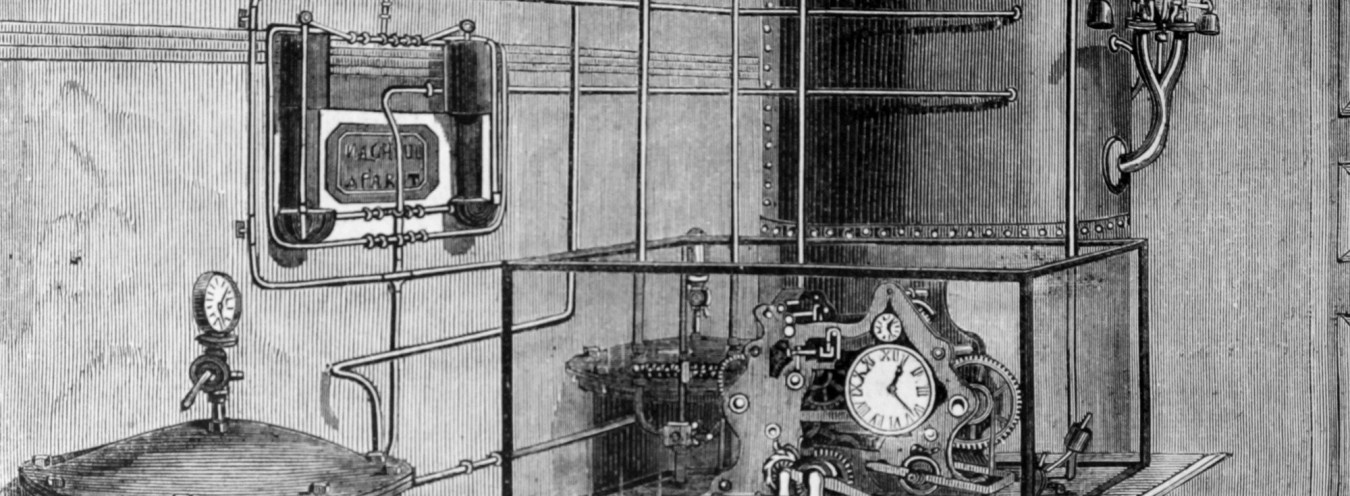
Szuman, Michał
Doctor Szuman’s life story is equally indicative of the general tendencies in the era of positivism in Poland and of Prus’s personal hopes and disillusionments. A severe critic of sentimental longings, romantic attitudes and irrational effusions, he is a self-declared rationalist, although he was sent to Siberia with Wokulski, which evidences his patriotic engagement in the January Rising. He is a physician, a Darwinist, an empiricist, and an ethnographer. He fulfils his professional passion by studying human hair. He has published an article on the colour and form of hair of people living in the Polish kingdom, focusing on the question of the colour of hair and the relation between length and radius, yet it did not spark much interest. In the past, Szuman used to be enthusiastic about assimilation. He was once to have been christened, for he fell in love with a Christian girl, but as she died he left matters alone, writes Rzecki about him in the journal. His personal tragedies – the death of his fiancée, harassed by the society in the name of conventions, his failed suicide attempt and the loss of his medical practice – fill him with bitterness and sarcasm and contribute to a shift in his attitude to the Jewish question. Szuman – like Prus – sheds assimilationist illusions and declares his conversion to Judaism, but his attitude to Jews is disturbingly ambivalent.
In his rants, Szuman combines invective and awe, he both praises and criticises Jews. He emphasises his own Jewishness, which makes both his criticism and his prophetic statements more convincing. Some claims, however, seem to echo anti-Semitic arguments. He tells Rzecki that he is a newly converted worshipper to the power of money, the ‘open sesame’ at which all doors fly open […]. Magic gardens, splendid palaces, beautiful princesses, faithful servants, friends ready to make sacrifices – all these are to be had with money. He juxtaposes the ruined “Polish system” and its squandering of fortunes and games of appearances with the “Jewish system,” which prioritises the growth of financial power and the extension of influences. It is exemplified by the Szlangbaum family, which has been accumulating money for generations: The grandfather made money, so did the father, so is the son today, although until recently he was but a modest clerk, but within a year he’ll give our commerce a shake-up. In his conversation with Wokulski, Szuman predicts that Jews will conquer the world and not by common sense, but by cheating and boldness. Persecutions will only make them stronger and they will emerge still more clever, still stronger and in still greater solidarity. And how they will repay you all, at some future time! Szuman points to the rivalry for Wokulski’s legacy between orthodox and reactionary Jews, on the one hand, and university-trained, on the other. We’re linked with them by race and a common position, but our views divide us. We have education, they – the Talmud; we, sense – and they, cunning; we are rather cosmopolitan, they are particularists, who see nothing beyond their synagogue and council. As far as common enemies are concerned, they are excellent allies, but when it’s the progress of Judaism … then they are an intolerable burden to us. This is why it is in the interests of civilisation that the guidance of affairs be in our hands. The others can only dirty the world with their gabardines and garlic, but not move it ahead. The dichotomy reflects the division, visible in the public discourse, into “progressive” and “reactionary” Jews (these labels are used by Wokulski).
It remains uncertain whether we can believe in the sincerity of these declarations of Szuman, who is always ironic and sarcastic, prone to be provocative and deceptive. What is undeniable are his bitterness and ambivalence, which also aptly reflect the evolution of Prus’s personal attitude towards Jews.
→ Anti-Semitism; → Szlangbaum, Henryk, Junior; → Szlangbaum, Senior; → Jews;



